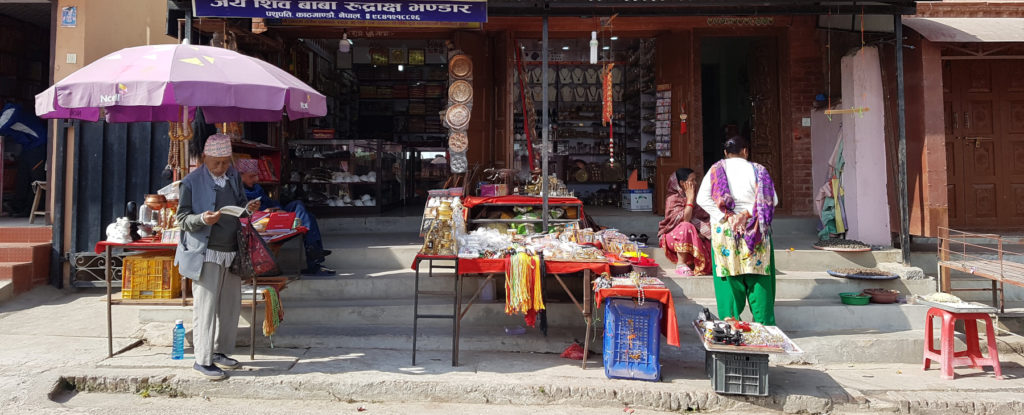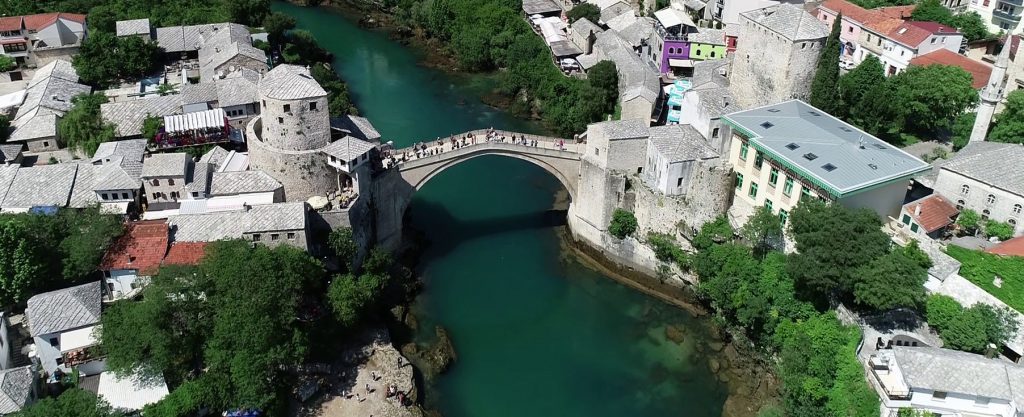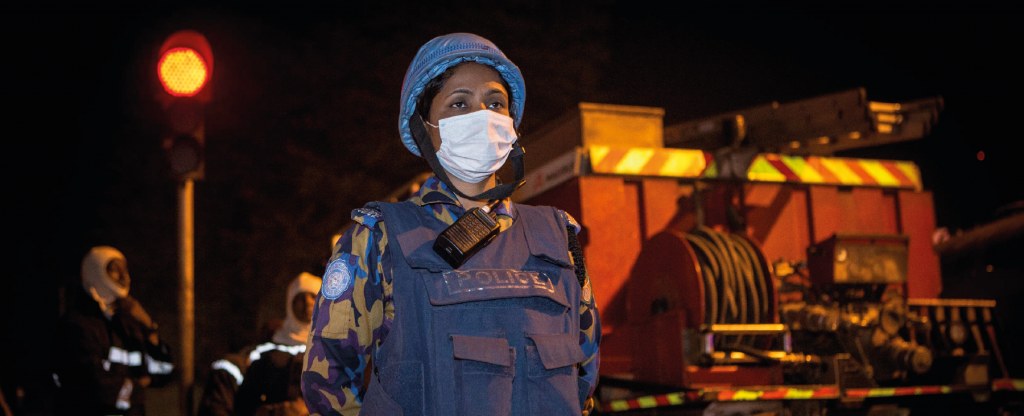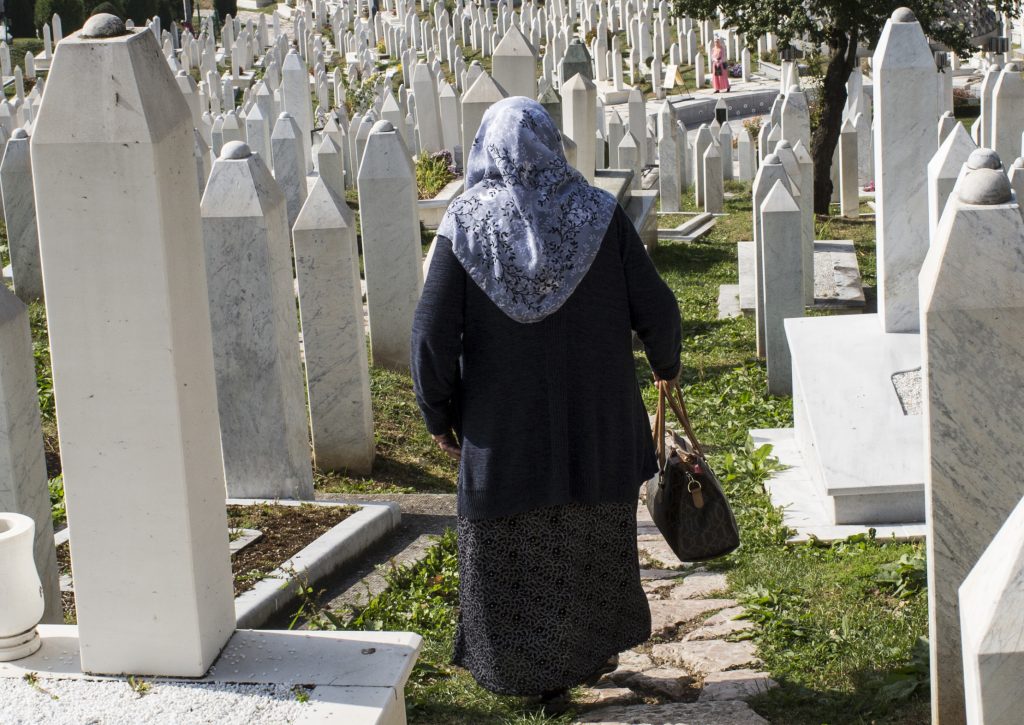BiH: NGOs urge authorities to accept UPR recommendations
Sarajevo, 11/02/2015 – On behalf of 150 NGOs, TRIAL and its partner MyRight are sharing some key recommendations formulated by the United Nations Universal Periodic Review (UPR). This relatively new instrument of the United Nations Human Rights Council scrutinizes every country and assesses their human rights track record. In November 2014, BiH received 167 recommendations submitted by other states, NGOs or UN agencies. With one voice, the organizations call on the government to accept these international recommendations and implement them with no delay.
After the UPR 1st cycle (2010), BiH accepted the recommendations to investigate, enable access to justice and provide reparations to victims of crimes and gross human rights violations committed during the war. However, four years later, NGOs conclude that none of these recommendations have been implemented yet and that the national human rights legal framework remains deficient. They also emphasize that the rights of wartime victims and their families, guaranteed by international agreements, are still not achieved and still violated 20 years after the war has ended. Similar recommendations, with a particular emphasis on the situation of women victims of sexual violence during the war, have thus been reiterated in November 2014 at the conclusion of the 2nd UPR cycle. BiH is now expected to publicly communicate which of the 167 recommendations it accepts.
Recalling their willingness to cooperate with the newly elected authorities, NGOs are yet concerned with the failure of the latter to bolster capacity for investigation and prosecution as well as support services for wartime victims and people with disabilities. “Ensuring the implementation of the national strategy for processing of war crimes cases, the adoption of laws on the rights of victims of torture, and comprehensive protection of witnesses and victims with psychological support at all levels – especially before, during and after the trial – is a matter of priority. Bosnia and Herzegovina must accept and implement the recommendations made in November 2014, now“, saysSelma Korjenić, TRIAL Head of program for the support of wartime sexual violence survivors, speaking on behalf of 19 organizations which, together with TRIAL, prepared and submitted the report to the UN Human Rights Council.
Speaking on behalf of 65 organizations of the MyRight network, Fikret Zuko drew attention that only two recommendations on the human rights of disabled persons have been accepted from the previous report and called on the authorities to involve disabled persons in the process of implementation of the recommendations.
“We, people with disabilities have the right to a dignified life, and we ask the institutions of government to create conditions and opportunities to realize the rights for health care, education, rehabilitation, employment, social security, family life as well as other citizens. It is the right moment for changes. Even if the new government is still under construction and its budgets are in development, I urge the authorities to include us as partners in all decision-making processes which are of interest for persons with disabilities, and to include us in budget resources that will contribute to the realization of the rights of persons with disabilities”, emphasizes Zuko.
According to the Human Rights Council in Bosnia and Herzegovina, the state has an inefficient system of justice, to which citizens have an unequal access. Law on free legal aid at a state level has not been approved and there is no guarantee as to when decision makers will consider this again. According to Snježana Ivandić Ninković, director of the Association for Democratic Initiatives on behalf of the Network Justice (a network of 65 NGOs which have participated in the preparation of the report on the situation of human rights in BiH), even though legal and institutional conditions for the independence of the judiciary are fulfilled, independence itself is challenged. The way it was funded, and the way the Constitutional Courts judges are appointed are the main reasons for that. Emphasizing as well that neither the Law on the High judicial and Prosecutorial Council (HJPC) nor the conflict of interest’s rulebook of members of the HJPC are adopted yet. “Amendments to the Law on Criminal Procedure of BiH have not been adopted, which is one of the main causes why hate crimes committed in BiH cannot be adequately prosecuted and award appropriate penalty to perpetrators” says Ivandić Ninković.
The final UPR report about the human rights situation in BiH will be adopted in March 2015. In this perspective, more than 150 non-governmental organizations in Bosnia and Herzegovina call on the authorities to adopt all the recommendations and implement them without delay.
PDF Version












